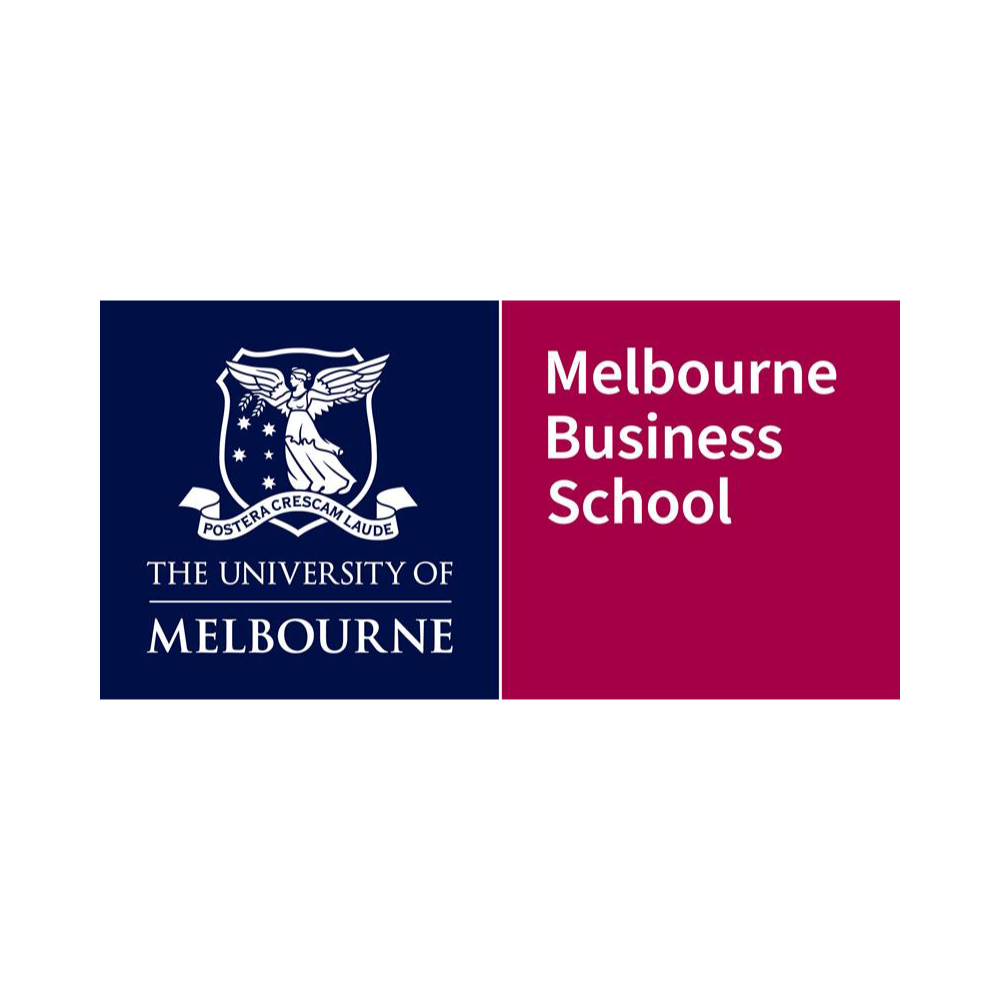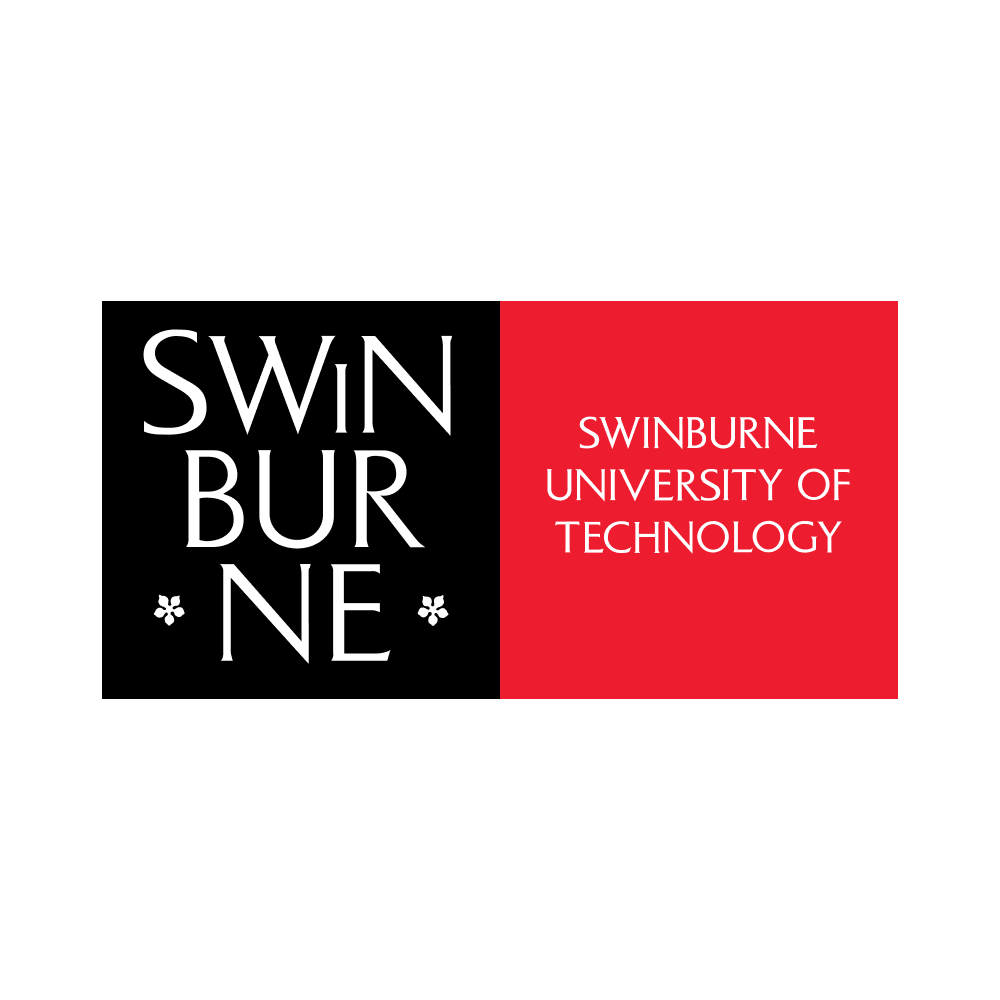
Running a successful business in Australia requires more than financial acumen and industry knowledge. To effectively navigate the complexities of the market and foster sustainable growth, it also requires an understanding of consumer behaviour.
While consumer behaviour isn’t the only element driving business success, it is a key puzzle piece that supports informed decision-making and enables the creation of marketing strategies aligned with consumer needs and preferences.
From fledgling startups to major corporations, decoding consumer habits helps companies facilitate tailored product and service development, stay competitive and drive repeat business. In this article, we explore the importance of consumer behaviour and how studying an MBA can prepare you to meet the evolving needs of buyers across the globe.
What is consumer behaviour?
Consumer behaviour examines the process people go through when selecting, buying, using and disposing of products, services or ideas. It delves into the psychological journey consumers embark on in the marketplace, uncovering the motivations and factors that drive their choices and loyalty to brands.
Natascha Turner, co-founder of Inspike Entertainment Group, says consumer behaviour is “like a roadmap to your customers’ minds. It’s the study of how individuals, groups and businesses decide what to buy, why they buy it and what happens after the purchase.”
Why does this matter? Knowing how your target market thinks and behaves allows you to tailor products, services and messaging to meet their needs while building loyalty and preparing your business for market shifts.
Types of consumer behaviour
Turner says that generally speaking, consumer behaviour falls into four primary types:
- Complex buying behaviour: Typically associated with significant investments like cars and software, this behaviour urges consumers to seek extensive information and reassurance. As a marketer, you should aim to meet this buyer need as an expert rather than a salesperson.
- Dissonance-reducing buying behaviour: This occurs when options are alike and consumers are worried they’ll make the wrong choice. Shoppers in the market for products such as home appliances or smartphones, where there are numerous options with similar features, will often display dissonance-reducing buying behaviour. To win them over, highlight your unique selling points and ease any post-purchase doubts with ample information about pricing, options, returns and replacement.
- Habitual buying behaviour: This style is associated with people who have high product loyalty and don’t put a lot of thought, effort or research into choosing a product or service because they make repeated purchases of it out of habit. This type of buying behaviour occurs most often with routine, low-cost and everyday consumables like bread and shampoo.
- Variety-seeking buying behaviour: This relates to those consumers who are seeking something new. This desire for change might involve switching brands or flavours of a product they often buy. These consumers will often try new restaurants, shop at a clothing store they’ve never been to before or change up their interior decor frequently. This buying behaviour calls for free trials and samples, and easy switching to win them over.
“Not all customers shop the same way, so understanding these four buying styles is vital,” explains Turner. Being familiar with each type of buying behaviour can help companies segment their marketing strategy, foster stronger customer relationships and refine their distribution channels.
Consumer behaviour theories and models
To truly grasp the complexities of consumer behaviour, it’s also important to explore the theories that shed light on what drives buying choices and preferences. Here are some of the more classic theories:
The psychological model
“What’s going on in the customer’s mind?” asks Turner. “Perception, attitude and even their memory can influence purchases. Appeal to these elements for effective messaging.”
The sociological model
“Never underestimate the power of groups!” Turner advises. “Family, friends and social circles can heavily sway consumer decisions.”
The economic model
“Even in a complex world, the bottom line matters,” says Turner. “Consumers weigh price, quality and overall value when choosing between options.”
The behavioural model
Turner’s advice? “External factors and learned responses drive action, so target those triggers through smart marketing and product design.”
Beyond these models, several well-known theories offer helpful frameworks for understanding and aligning strategies with consumer expectations and behaviours. These include:
Maslow’s hierarchy of needs:
Maslow’s theory suggests that individuals have a hierarchy of needs they seek to fulfil, starting with basic physiological needs and progressing to higher-order needs. The hierarchy consists of five levels:
- Physiological needs: These are the most fundamental needs for survival, such as food, water and shelter. For example, a person experiencing hunger will prioritise finding food over other concerns.
- Safety needs: Once physiological needs are met, people seek safety and security. This includes physical safety as well as financial and health security. An example would be a person investing in home security systems to protect their property.
- Love and belongingness needs: People need love, affection and belonging, both in personal relationships and within social groups. Joining clubs or taking part in community events can satisfy these needs.
- Esteem needs: This level involves the desire for self-esteem and the esteem of others. Achievements, recognition and respect from others contribute to fulfilling esteem needs. For instance, a promotion at work can fulfil the need for recognition.
- Self-actualisation: At the highest level of the hierarchy, individuals seek to realise their full potential and pursue personal growth and fulfilment. This might involve pursuing creative endeavours, focusing on personal development or contributing to society in meaningful ways.
Cultural model:
The cultural model explores how societal and cultural factors influence consumer behaviour. It considers the impact of cultural norms, values, beliefs and traditions on individuals' preferences and purchasing decisions. Here are some key elements of the cultural model:
- Cultural norms: These are shared expectations and behaviours within a society. For example, in some cultures, modesty is highly valued, affecting clothing choices and advertising approaches.
- Values and beliefs: These shape a person’s perceptions of products and brands. For instance, a company that values environmental sustainability will appeal more to consumers who prioritise eco-consciousness.
- Social class and status: Cultural models also consider social class and status hierarchies, which influence consumer preferences and buying behaviours. Luxury brands, for example, cater to consumers seeking status symbols to display their social standing.
- Cultural symbols: Certain symbols and meanings hold significance in different cultures and can influence consumer preferences. For example, colours may have different cultural associations that affect branding and packaging choices in international markets.
- Cultural subcultures: Subcultures in larger societies have their own values, norms and behaviours. Understanding these subcultures allows marketers to tailor products and messaging to specific consumer segments. For instance, marketing strategies for teenagers might be very different from those aimed at seniors because of unique subcultural norms and preferences.
By exploring these theories, marketers can gain profound insights into the underlying factors influencing consumer behaviour. That’s marketing gold.
Australian consumer behaviour trends for 2025
Turner says several pivotal trends are shaping the Australian consumer landscape:
- Purpose-driven purchasing: The increasing focus on sustainability, ethical production and social responsibility mirrors a national shift towards value-aligned buying. In fact, 52 per cent of Australians say they are willing to spend more on ethical or sustainable products, according to a 2024 report.
- The omnichannel experience: Today’s consumers increasingly expect a seamless blend of digital and physical purchasing avenues. Companies need to be investing in fluid, cross-platform experiences.
- Wellness as a status symbol: The rising wellness movement influences consumer preferences, with a marked tilt towards products and services promoting health and wellbeing.
- Supporting local: A growing preference for Australian-made goods showcases the importance of local sourcing and community ties in branding strategies.
Enhance your understanding of consumer behaviour with a postgraduate business degree
Are you a CMO or considering a career in marketing? In an age where consumer expectations are rapidly changing, pursuing an MBA can offer strategic benefits and a competitive edge for results-focused marketers. By undertaking an course with consumer behaviour-related units, you can acquire the skills to analyse and capitalise on consumer behaviour models, theories and trends.
For example, students who take the Consumer Behaviour unit from the University of Southern Queensland's online Graduate Certificate in Business (Digital Marketing) can learn how psychological and behavioural concepts can be used to create and examine marketing strategies.
The University of Technology Sydney's Graduate Diploma in Marketing features the Customer Experience and Behaviour unit, where you explore various elements of consumer behaviour such as motivation and attitude, social influence and the decision-making process.
The list below features several postgraduate courses that include a unit related to consumer behaviour.


With UniSQ's Digital Marketing specialisation, you will develop the know-how and experience to be able to to thrive in this ever changing and high-speed industry.
Become in demand as the need for qualified marketers driving real business change with data-driven insights increases.


The course offers students opportunities to pursue and create new entities for social or economic impact, transform organisations and get exposure to business networks. The industry-relevant topics include a structured incubator followed by accelerator immersion.
This intensive program includes three stages for startup growth and entrepreneurial action. You can immerse yourself in an intensive “pre-accelerator”, generating and testing innovative ideas. “Incubate” your idea to grow and launch, with the support of our mentors and entrepreneurs in residence. Finally, “accelerate” your startup with industry connections and the right tools for scaling up.
The program focuses on the mindset, connections and skills required to navigate entrepreneurial pathways and the ecosystems for social or economic impact in any field. Participants will gain the skills to identify opportunities, solve problems in creative ways, transform ideas into value and address challenges in disruptive markets.


Choose this program to gain contemporary insights into market analysis and strategic development, informed by our faculty's research expertise. Its distinctiveness lies in the focus on adapting to the evolving marketing environment, covering topics such as marketing communications, brand management, social impact, customer behaviour, strategy, data analytics, and ethical considerations.
Students acquire the ability to identify and resolve marketing management challenges, and develop strategies applicable both in Australia and globally. The learning experience is flexible, offering a choice of subjects, study pace, and session timing to suit their needs.


Gain the hands-on skills required to develop demand-side strategies that drive long-term success.
Through deepening your expertise in the latest concepts and practical tools, you will become a highly valued asset with your ability to analyse, plan and execute within today’s complex business landscape.
The Master of Marketing program consists of core general management, specialised marketing and marketing-related elective subjects. The subjects cover all aspects of marketing including the areas you need to plan, cost, pitch and deliver marketing campaigns.


Learn how to influence behaviour and communicate creatively across different digital platforms, devising innovations that are novel and disruptive. The course offers real-world cases and practical applications, preparing you for business success.
You will be capable of taking a whole-of-business approach to marketing and will be equipped to take on senior roles in digital marketing, advertising, branding, consultancy, market research, corporate communications and customer experience.
Your journey to marketing mastery begins here
Understanding consumer behaviour is essential for success in an era where strategic customer engagement matters. Whether you’re refining your marketing skills or exploring consumer psychology, a marketing or related postgraduate degree can give you the edge to excel in a customer-focused business. Take the first step and discover various postgraduate business programs provided by leading universities in Australia.



















